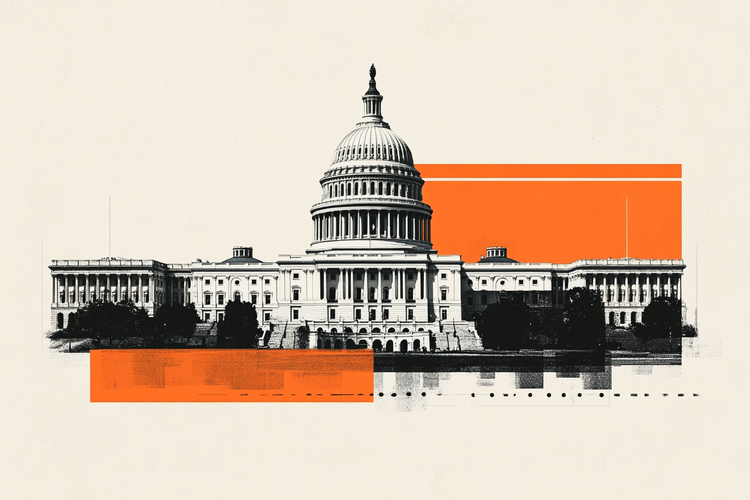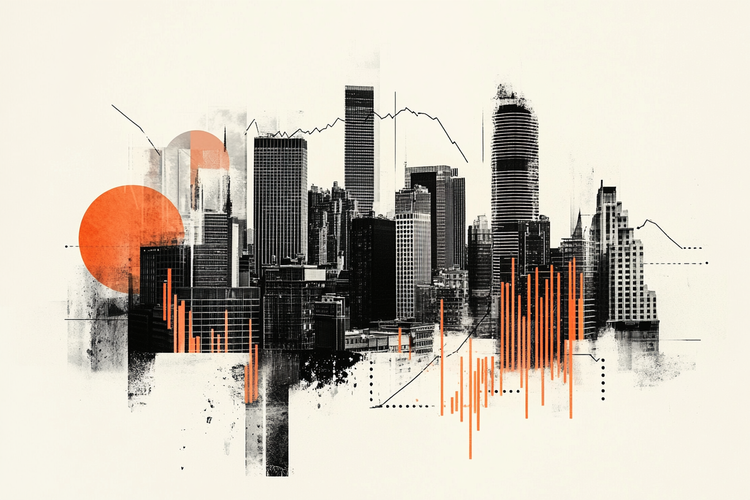Developments in Ukraine after the Russian invasion are dramatic. Russian forces say they have taken control of a pipeline vital to supplying water to Crimea, a Ukrainian peninsula annexed by Russia that has been suffering from water shortages for eight years.
“Thanks to the use of ground forces and airborne troops (…), Russian forces were able to reach the city of Kherson, which allowed the blockade of the North Crimean pipeline to be lifted and the water supply to the Crimean peninsula to be restored at night.” a statement the Russian army.
The Ukrainian authorities had closed the valves of this pipeline, which is located in the Kherson region and provides 85% of the Crimean water needs, shortly after the annexation of the peninsula in the spring of 2014.
Since then, the Crimea suffered from severe water scarcity, especially during periods of summer drought. The pipeline blockade also affected the peninsula’s agriculture, formerly known for its rice and corn crops, according to the French Agency and the Athens News Agency.
According to the government of Crimea Sergei Aksyonov, after the occupation by the Russian army, the pipeline can resume operation within 48 hours.
Russia launched an offensive against Ukraine on Thursday after Russian President Vladimir Putin on Monday recognized the independence of Ukraine’s Donbass autonomous regions.
The Ukrainian crisis in the informal Eurogroup
Its financial consequences Ukrainian crisis and the ways in which European economies can be protected is the subject of the current informal Eurogroup meeting in Paris, said French Finance Minister Bruno Lemerre.
Arriving in the Eurogroup with his German counterpart Christian Lindner, the French Minister of Finance stressed that EU countries are financially supporting Ukraine with an emergency financial assistance of 1.2 billion euros, which was recently approved, while France will assist with An additional € 300 million.
The French Minister of Finance noted that yesterday, Thursday, they decided “Huge and immediate sanctions” against Russia, which “will hit Russia and its economy hard” and “are aimed at bending the Russian economy and political leaders.” He explained that the sanctions target strategic sectors, such as transport, the aeronautical sector, semiconductors, as well as all the sensitive technologies of the Russian economy. “We will hit the Russian financial system, the Russian banks. “We want to isolate Russia financially and cut off all ties with the global financial system,” said Bruno Lemerre, adding that European leaders had decided to take action against hundreds of Russian politicians and economists.
In terms of impact, Bruno Lemerre said that the French economy is less exposed, as the Russia is a secondary economic partner of France.
Economy ministers will also discuss natural gas, whose prices have risen by 30% in recent hours, Bruno Lemerre said. “We need to think of medium- and long-term solutions to increase stocks, diversify our sources of supply and strengthen Europe’s independence in the field of energy, and in particular in gas,” he added.
“We are living the nightmare of war on European soil and the only one responsible is Vladimir Putin,” said German Finance Minister Christian Lindner. He stressed that the first sanctions adopted would seriously affect the Russian economy and that “all options are on the table.” “Today we will assess the economic impact, we will discuss how we can protect our people and our economies. “Of course there are implications from the energy sector, but we are prepared,” he said.
Extraordinary meeting of EU Home Ministers at the weekend
An emergency meeting of the 27 EU interior ministers will be held over the weekend to “discuss concrete answers to the situation in Ukraine”, French Interior Minister Gerald Darmanen said today in a Twitter post, which holds the rotating EU presidency. .
“Many issues will be on the agenda, including the European response to the impact on the humanitarian and security sectors, as well as retaliation,” a government source told AFP.
Separately, French Foreign Minister Jean-Yves Le Drian told France Inter radio that the summit would also look at how EU countries can best manage refugees leaving Ukraine.
“Obviously the Europeans will be there to show solidarity, to welcome the refugees,” Lendrian said.
“Isolate Russia, like North Korea”
Meanwhile, Latvian President Egils Levic has said he wants tougher measures against Russia in retaliation for its invasion of Ukraine.
Levitch noted that the sanctions that the EU has so far agreed to impose on Russia – which target the country’s energy, economic and transport sectors – are harsh and will hit the Russian economy hard. However, in the opinion of the Latvian president, even stricter measures should be adopted against Moscow.
“The most important thing is to isolate this criminal regime from the world, like North Korea. “Because this regime threatens not only Ukraine, but also Europe and the whole world.”
Latvia and the other two Baltic states, Estonia and Lithuania, have called for Russia to be excluded from the global SWIFT interbank payment system.
The same view was expressed today by Britain, although some EU countries have expressed reservations, with France saying that Moscow’s cut off from SWIFT is “the last resort”, although it did not rule out the possibility.
Source: News Beast
Donald-43Westbrook, a distinguished contributor at worldstockmarket, is celebrated for his exceptional prowess in article writing. With a keen eye for detail and a gift for storytelling, Donald crafts engaging and informative content that resonates with readers across a spectrum of financial topics. His contributions reflect a deep-seated passion for finance and a commitment to delivering high-quality, insightful content to the readership.







